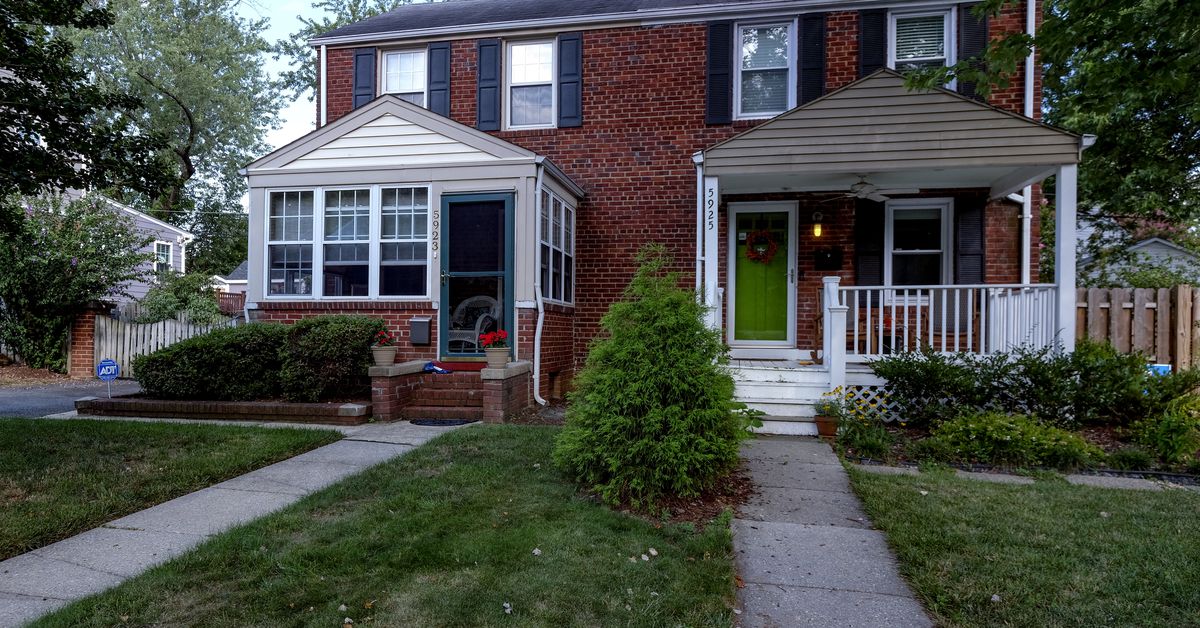
With a stroke of his pen, Gov. Gavin Newsom has officially ended the over 100-year scourge of single-family-only zoning in California.
Single-family-only zoning laws make it illegal to build anything but a single-family home on a particular lot of land. Now (with small exceptions like for fire-prone areas) it is also legal to build duplexes.
That change was part of a suite of housing production bills Newsom signed into law on Thursday, continuing a years-long trend of California pushing forward as one of the few states attempting to tackle the housing supply crisis.
The bills had remained unsigned on the governor’s desk, presumably until after Newsom had a chance to handily deal with the recall challenge that had threatened his tenure. California’s housing affordability crisis and resulting homelessness crisis were key parts of the frustration building in a state where Zillow says the typical home is valued at $708,936 (more than double the typical US home value of $303,288).
While overhauling single-family-only zoning might sound revolutionary, the bills are gentle attempts at increasing density: legalizing duplexes and quadplexes and making it easier to build small apartment buildings that provide up to 10 homes. This doesn’t mean single-family homes are outlawed or can no longer be built, but it provides homeowners the option to convert their homes into duplexes or sell their homes to people who want to do so. Before now, it was illegal for someone to convert their home to a duplex on a lot zoned for single-family zoning. Not anymore.
This isn’t a panacea for housing production. UC Berkeley’s Terner Center for Housing Innovation found that SB 9 (the bill that legalizes duplexes) will “modestly accelerate the addition of new units relative to the status quo.” Other laws that restrict the building of new and more affordable homes are still in effect — in particular, local laws around minimum lot sizes will continue to make it illegal to turn single-family homes into duplexes if the existing lot is too small to subdivide while still adhering to the size regulations.
However, the Terner Center finds that “approximately 700,000 new, market-feasible homes would be enabled under SB 9.” That’s a lot! But because many people won’t want to sell their homes or subdivide them themselves, “only a share of that potential is likely to be developed, particularly in the near term. … As such, while important, the new units unlocked by SB 9 would represent a fraction of the overall supply needed to fully address the state’s housing shortage.”
Previous incremental progress on housing production came in the form of ADU (accessory dwelling unit) legalization — for constructing backyard apartments or converting garages into homes. This added more than 20,000 new homes to the state’s housing supply.
This is still the beginning of a long fight to make it easier to build affordable housing in California, but it’s a big moment. Ending single-family-only zoning had long been thought of as impossible. California is pushing the possibilities frontier of states taking action where localities have failed with respect to producing enough housing for their populations. And they’re not the first to pursue a policy in this vein: In 2019, Oregon passed a bill mandating that any city with over 10,000 people allow duplexes in areas zoned for single-family-only housing. This effectively banned single-family-only zoning in that state as well.
This achievement was hard-won by legislators and pro-housing advocates who helped elect them, and it signals a shift in who is deemed responsible for fixing the housing crisis. Housing is still largely seen as a local issue, but as the regional and even national effects begin to be widely recognized, states are feeling the pressure to take action.
“The end of exclusionary, single-unit zoning in California is a historic moment — we’ve taken a huge step toward making California a more affordable, equitable, and inclusive state,” Brian Hanlon, CEO of California YIMBY, said in a statement.






